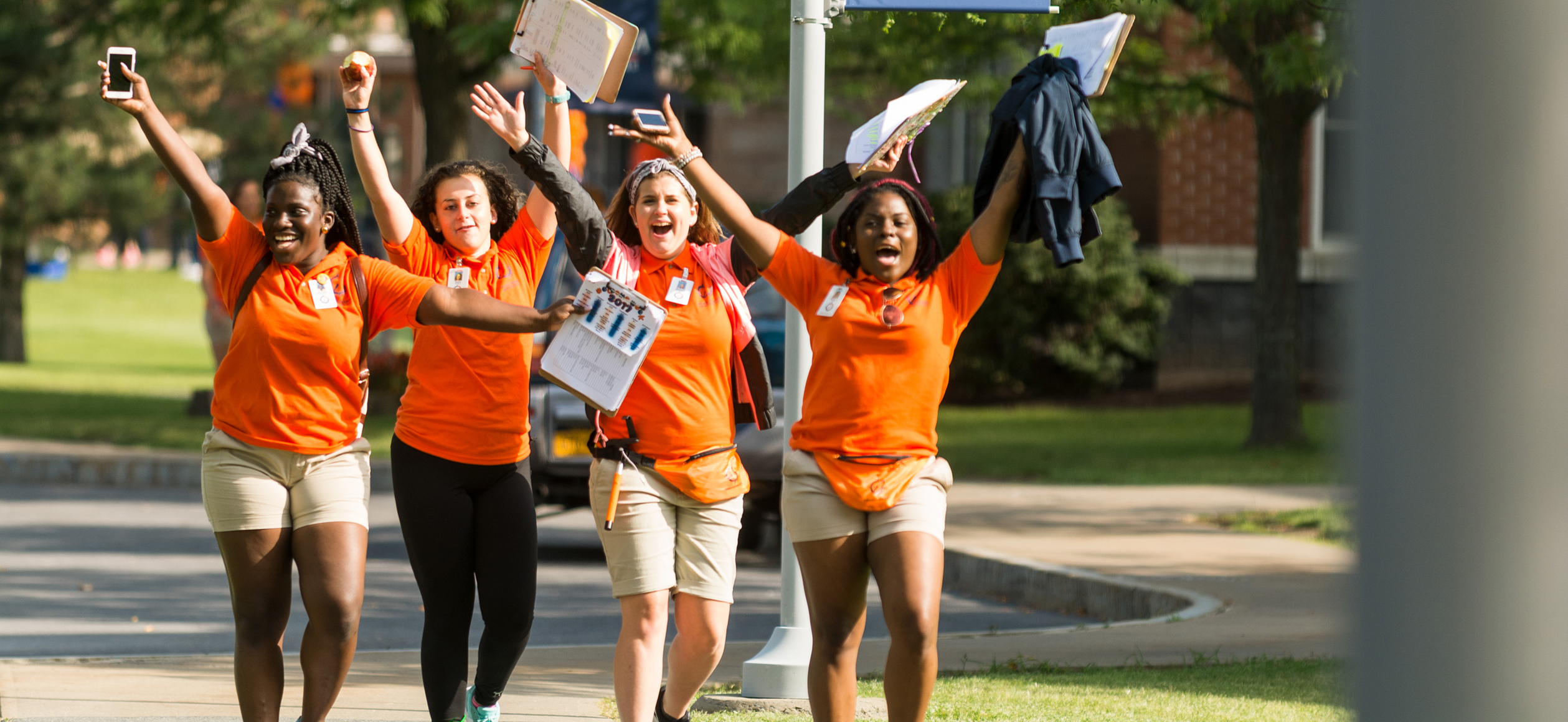FAQs ABOUT ACADEMIC MISCONDUCT
Cheating can occur in many different forms. At its core, however, cheating is an act of fraud. You are deceiving your instructor, the College and your classmates by avoiding specific instructions.
Examples of cheating include, but are not limited to, the following:
- Obtaining any portion of work from someone other than yourself and submitting it as your own (this includes purchasing, copying, or even looking over at someone else’s work during an exam).
- Using impermissible information while taking an exam, whether the examination is administered inside or outside of the classroom.
- Communicating through any medium answers or relevant information with a classmate during the administration of an exam.
- Unauthorized collaboration with another student for the purpose of earning credit for work that was assigned to be completed individually.
- Storing information on an electronic device before an exam, and retrieving it without authorization from the instructor during the exam.
- Submitting work that is substantially similar to work you have previously submitted either for that course or another course.
- Altering work that has already been graded and returned to you, and submitting it for re-grading.
- Completing the work (i.e., homework assignment, written assignment, or exam) for another student, or having another student complete any such work for you (including purchasing work from a third party).
- Fabricating written, spoken or electronically transmitted information.
- Plagiarism (including purchasing work from a third party)
OTHER EXAMPLES OF ACADEMIC MISCONDUCT INCLUDE:
- Destruction or theft of property, both physical and electronic.
- Forgery of a signature (handwritten or electronic) this could be included as part of No.9 in cheating.
- The assistance of anyone committing or attempting to commit academic misconduct.
- Classroom disturbances
- Intimidation of other students in an academic setting, be it in a classroom, other on-campus location, or through an electronic medium.
The following institutions’ policies on academic misconduct were consulted and/or replicated in places in crafting this policy:
Univ. of California-Berkeley: http://sa.berkeley.edu/conduct/integrity/definition
Univ. of Maryland: http://www.president.umd.edu/policies/iii100a.html
The Ohio State University: http://oaa.osu.edu/coamfaqs.html

